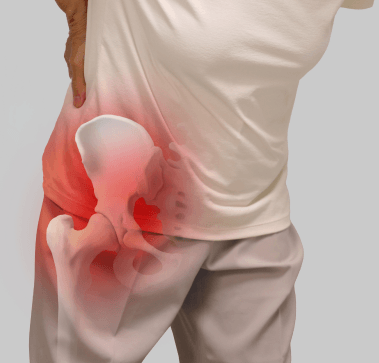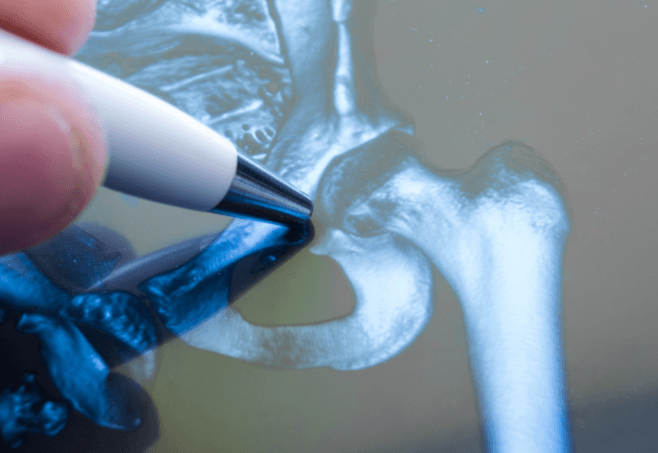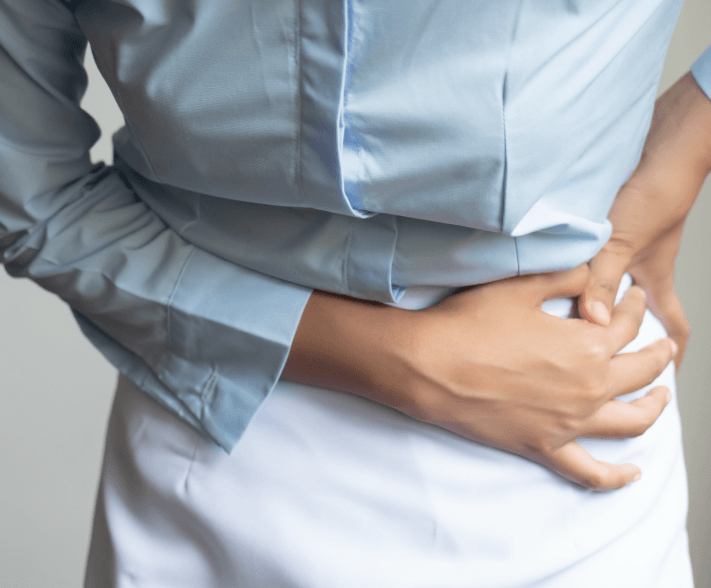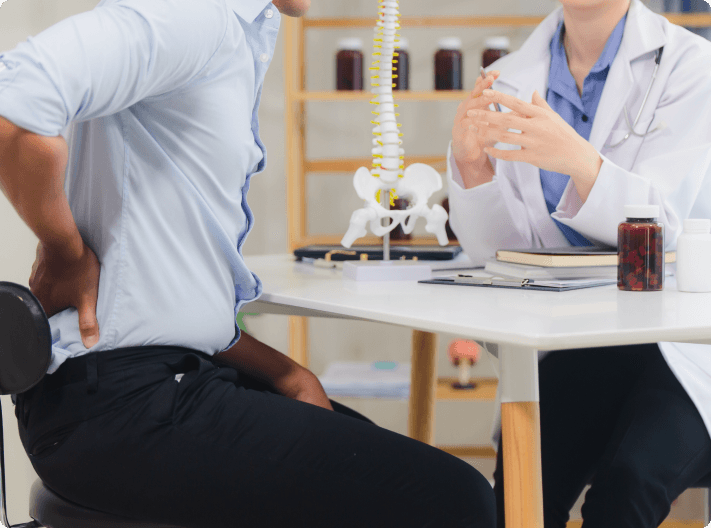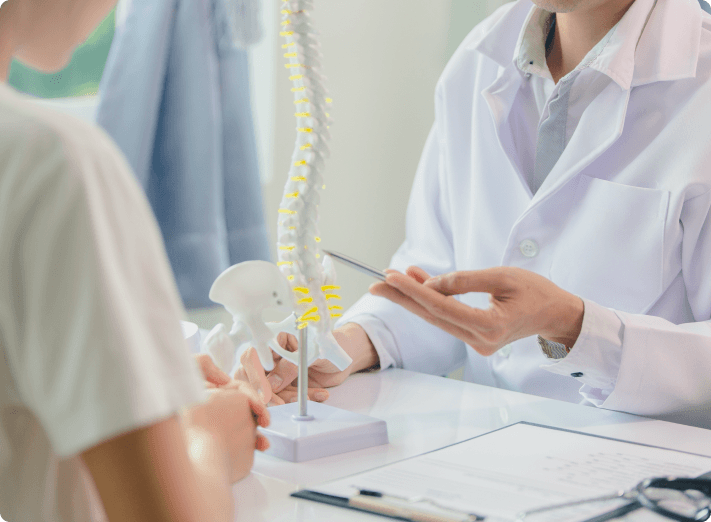What is Hip Pain?
Hip pain refers to discomfort or pain that originates from the hip joint or surrounding areas, such as the muscles, tendons, ligaments, or bones. The hip joint is a ball-and-socket joint that allows a wide range of motion, including walking, running, bending, and rotating. Hip pain can result from various issues, ranging from simple overuse to more complex conditions like arthritis or fractures.


